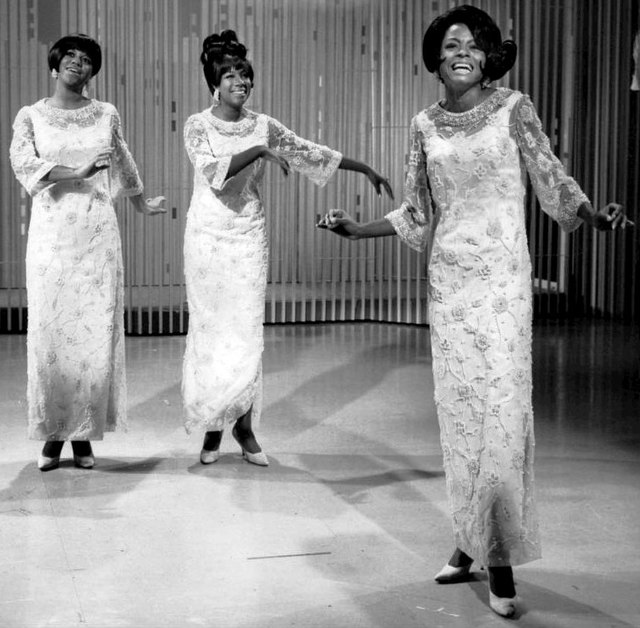The lead vocalist in popular music is typically the member of a group or band whose voice is the most prominent melody in a performance where multiple voices may be heard. The lead singer sets their voice against the accompaniment parts of the ensemble as the dominant sound. In vocal group performances, notably in soul and gospel music, and early rock and roll, the lead singer takes the main vocal melody, with a chorus or harmony vocals provided by other band members as backing vocalists. Lead vocalists typically incorporate some movement or gestures into their performance, and some may participate in dance routines during the show, particularly in pop music. Some lead vocalists also play an instrument during the show, either in an accompaniment role, or playing a lead instrument/instrumental solo role when they are not singing.

David "Hoag" Kepner (left) sings as the lead vocalist while playing the drums during a performance in the Drop Zone at Cannon Air Force Base, New Mexico, while a rhythm guitarist sings backup vocals
Diana Ross (front) performing lead vocals on the Supremes' "My World Is Empty Without You" with Florence Ballard and Mary Wilson harmonizing
Queen performs in a typical rock band layout during a 1984 concert. Lead singer (front man) Freddie Mercury stands centre-stage in front of drummer Roger Taylor and positioned between bass guitarist John Deacon and lead guitarist Brian May.
Lead singers, such as Nickelback's Chad Kroeger, are often perceived as the public face of a band.
Gospel music is a traditional genre of Christian music, and a cornerstone of Christian media. The creation, performance, significance, and even the definition of gospel music varies according to culture and social context. Gospel music is composed and performed for many purposes, including aesthetic pleasure, religious or ceremonial purposes, and as an entertainment product for the marketplace. Gospel music is characterized by dominant vocals and strong use of harmony with Christian lyrics. Gospel music can be traced to the early 17th century.
Philip Paul Bliss
Mahalia Jackson has been called the "Queen of Gospel"






